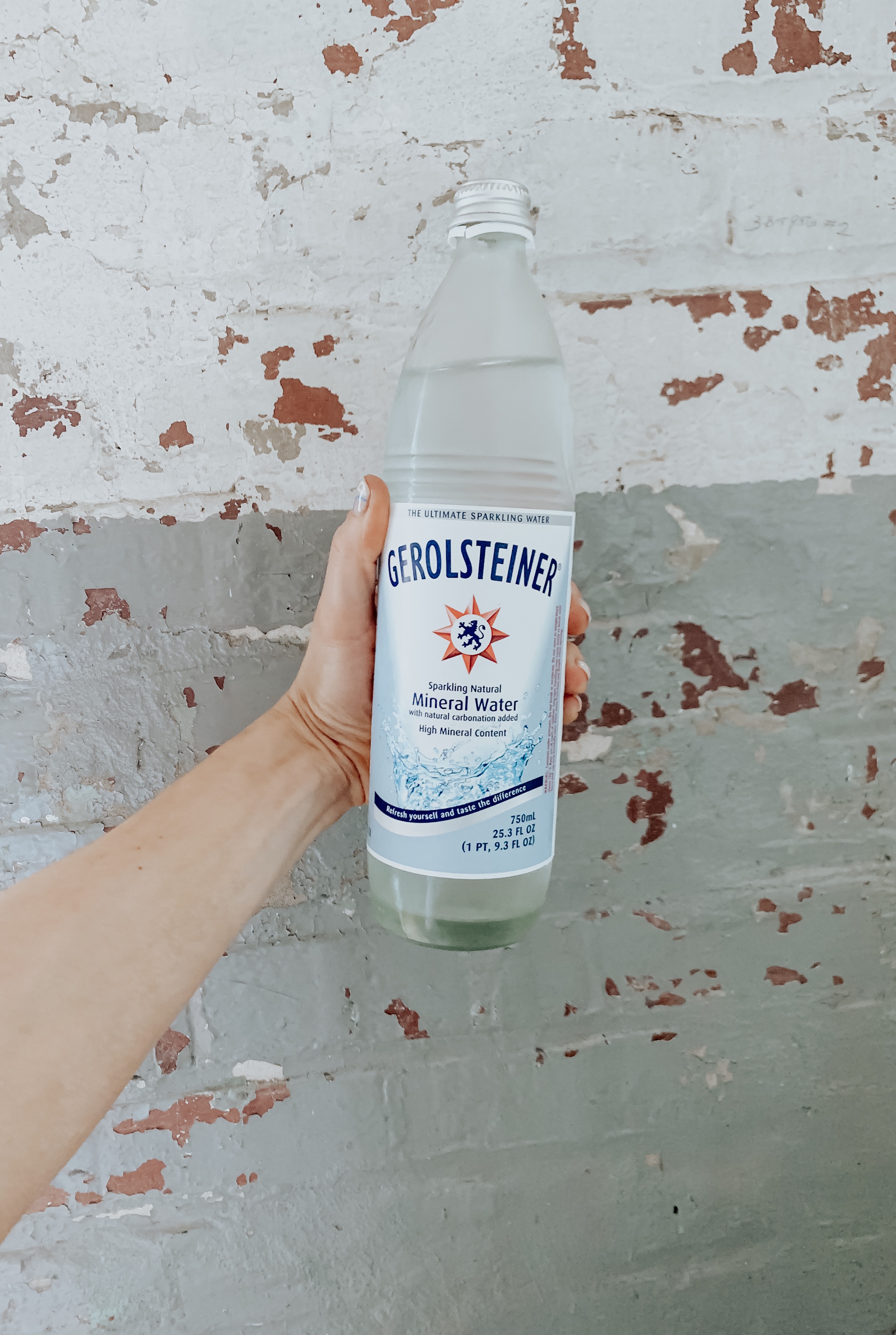
Minerals
What are minerals and why do we need them?
Minerals compose about 4% of our body but we as humans do not produce them therefore we must obtain them from food.
They are what remains as ash when plant or animal tissues are burned. There are 103 known minerals and at least 18 of those are necessary for good health.
Roles:
- cofactors for enzyme reactions
- Maintain pH balance in the body
- Facilitating the transfer of nutrients across cell membranes
- Maintaining proper nerve conduction
- Contracting and Relaxing muscles
- Regulating tissue growth
- Providing structural and functional support
Mineral Classifications:
MACRO minerals:
- Calcium
- Phosphorous
- Potassium
- Magnesium
- Sulfur
- Sodium
- Chloride
MICRO minerals:
- Iron
- Boron
- Chromium
- Iodine
- Manganese
- Molybdenum
- Selenium
- Silicon
- Vanadium
- Zinc
- Lithium
- Germanium
- Rubidium
- Cobalt
- Copper
Ways to incorporate them in your daily regimen:
Food Sources:
Calcium:
Dairy Products like cottage cheese, cheese, and milk.
Non-dairy food sources of calcium include:
- almonds, brazil nuts, hazelnuts
- broccoli, curly kale, okra, spinach, watercress
- dried apricot and figs
- mackerel, oysters, pilchards, salmon, sardines
- pulses, sesame seeds
Iron:
- heme iron found in meat and offal (essentially the iron from blood and muscle)
- non-heme iron derived from some plants, grains and nuts.
The body can absorb:
- 20 to 40 per cent of the iron found in meat.
- 5 to 20 per cent of the iron found in vegetable sources.
How much iron the body can absorb depends upon the presence of vitamin C and folic acid, which improve your body’s uptake of this mineral.
Other sources:
- apricots, blackcurrants, figs, prunes, raisins
- beans (including baked beans), lentils
- broccoli, curly kale, peas, savoy cabbage, spinach, watercress
- eggs
- lean red meat, poultry or game, liver, kidney
- liquorice
- mackerel, oysters, sardines, tuna
- nuts
- wholegrain cereals and breads.
Magnesium:
Magnesium helps the body absorb and breakdown various other vitamins and minerals like calcium and vitamin C.
- apricots, bananas, figs, prunes, raisins
- brown rice, granary bread, wholemeal bread, wholewheat pasta, nuts, pulses
- courgettes, green leafy vegetables, okra, parsnips, peas, sweet corn
- lean meat
- dairy products
Zinc:
- brown rice and wholegrain breads.
- cheese
- crab, lobster, mussels, oysters, sardines
- duck, goose, kidney, lean red meat, turkey, venison.
Selenium:
- Brazil nuts, cashew nuts
- cheese, eggs, milk
- chicken, lean meat, liver
- garlic, onion
- green vegetables
- mackerel, salmon, tuna
- sunflower seeds
- whole grain breads.
Potassium:
- Most fruit and vegetables with bananas, strawberries, fresh orange juice, apricots, prunes, potatoes and green leafy vegetables providing the best sources.
- Other sources include almonds, barley, brown rice, chick peas, corn, garlic, ginger, and kidney beans
Water:
Mineral Waters:
Mineral Water Drops:
Sea Salt Choices:
Supplement Choices:
Multi Minerals:
Biotics Research Multi Mineral
Each and everyone of us is deficient in some minerals whether its one or a few. It is important to be sure you are incorporating them into your daily regimen to keep your health optimal.
Healthfully Yours,
Krystal Goodman
